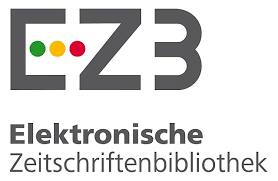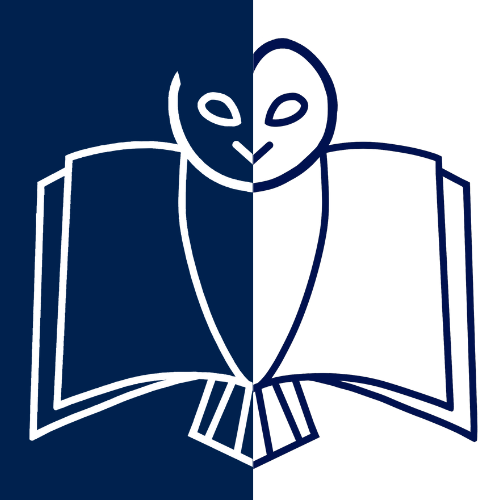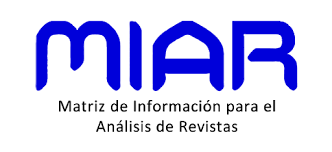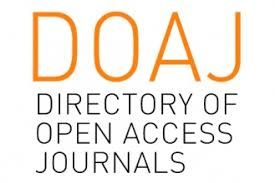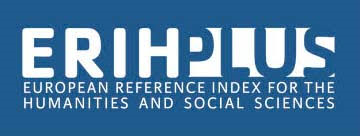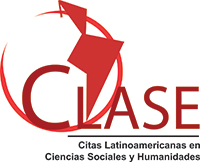A síndrome da casa tomada
DOI:
https://doi.org/10.15448/1984-6746.2013.2.14442Palavras-chave:
Metafísica, Metafilosofia, Hegel, LatourResumo
To overcome the paradoxical situation in which the modern subject finds itself, on conceptualizing nature in such a way that its very presence in nature becomes inconceivable, modernity supplied at least four alternatives: a) the first is to defend dualism (Descartes, Kant); b) the second option is to support a monism of nature (Spinoza, Hobbes); c) the third alternative is to defend a monism of subjectivity (Fichte); d) the fourth and last alternative is to support a dialectical monism (Schelling, Hegel). It is well known that, of these four alternatives to the self-interpretation crisis of modern subjectivity, the first ultimately had a more lasting influence on the philosophical scene, marking, point to point, this last breath of modernity that some call post-modern and flowing into the present situation of “hyperincommensurability” between subjectivity and nature diagnosed by Bruno Latour. The crisis of subjectivity thus becomes a crisis of philosophy, which ends a hostage to the syndrome of the house taken.Downloads
Não há dados estatísticos.
Downloads
Publicado
2013-08-30
Como Citar
Luft, E. (2013). A síndrome da casa tomada. Veritas (Porto Alegre), 58(2), 295–307. https://doi.org/10.15448/1984-6746.2013.2.14442
Edição
Seção
Sistema e Ontologia Nafilosofia Francesa Contemporânea





